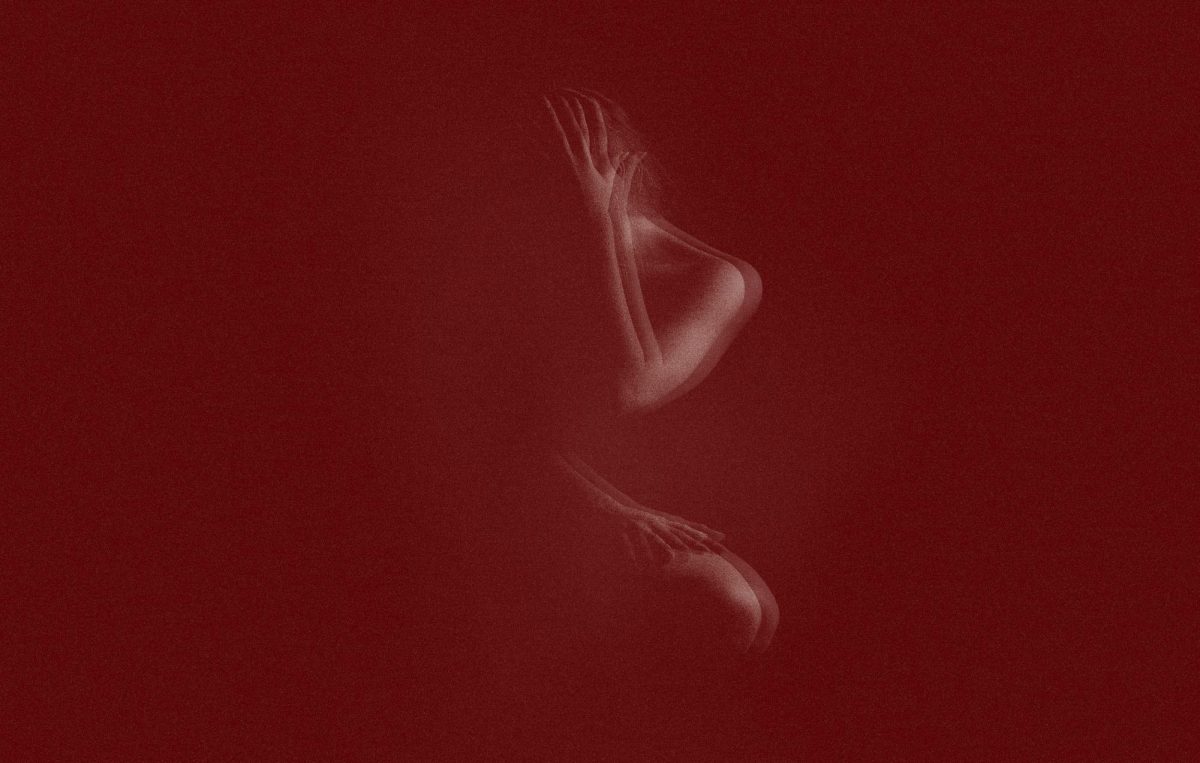After watching “The Secret Lives of Mormon Wives,” a reality TV show following the lives of a group of Latter-day Saints mothers who post content online, viewers commented on the group’s collective “cosmetic look.”
Some may believe this is due to their online presence and the social media pressure on women to look perfect. Though, it is important to consider other factors the group has in common. They were all raised LDS and living in Utah at the time of filming.
Utah has a relatively high rate of cosmetic work in women. What makes Utah unique from other states is the presence of The Church of Jesus Christ of Latter-day Saints, and the statewide communitythat is created because of Utah’s shared faith.
Though it is an unintentional consequence, the interconnectedness caused by the large presence of the Church in Utah creates a pressure to “be perfect.” This results in the relatively high rates of cosmetic work seen across the state. We must stop forcing perfection on women.
Utah’s Cosmetic Conundrum
Utah ranks high in the percent of cosmetic work per capita. I-15, Utah’s biggest freeway, is lined with billboards advertising tummy tucks, mommy makeovers, Botox and CoolSculpting.
The Church has no official stance on its members getting cosmetic work done. This means they are neutral on the matter and have left the decision entirely up to the individual. This may come as a shock to some, due to the LDS belief that bodies are temples. Though, their stance on the matter is entirely valid, as there are so many nuances surrounding cosmetic work.
For some, it can raise their confidence, helping them overcome something they’ve been insecure about their whole life. At the same time, this is the exact problem with the industry. It profits off of people’s insecurities by pushing stereotypical, unrealistic beauty standards. Instead of teaching women to love themselves, it teaches them that they are projects to be worked on.
This pressure has long existed for women. Though in Utah, there is an additional pressure unique to the culture here.
Constant Connection and the Push for Perfection
In Utah, as of last year, about 42% of the population identifies as members of the Church. This creates a sense of community across the state.
Though community can be a good thing, it also creates a sense of shared expectation for how individuals should act, speak or look, especially when backed by religious authority. Due to this, some individuals feel they’re being judged by their community.
The Church’s family guidelines are one of these expectations people feel pressured to abide by. These guidelines include having kids, a mother who maintains the home and a father that works to provide for his family.
Because of this sense of community shrouded by expectation, individuals want to show that they’re able to handle this lifestyle with ease. No one wants to be the one struggling to keep up.
So, women dye their hair to hide that they’re graying from stress. They get Botox to look full of youth instead of wrinkled and tired. They get fake lashes to distract from the bags under their eyes. It’s an attempt to constantly look put together as to avoid looking like they can’t live up the expectations put on Utahns.
This is an unfortunate result of how communities with strict standards can create a sense of inadequacy.
Decorating our Temples
The church’s neutral stance to cosmetic surgery is a stark contrast to its leaders’ strict standards on tattoos and piercings. Up until 2022, only women could get piercings, and it was limited to a single earring in the earlobe. Tattoos were banned entirely, except for members from cultural backgrounds in which tattoos are important symbols.
Since then, new standards have come out. These take away the “yes and no” wording used in the Church’s guidelines, and instead pushes for its followers to use their agency to decide if these bodily altercations will harm their relationship with God.
It feels almost illogical that tattoos and piercings were highly discouraged, while cosmetic adjustments have always been up to the individual. After all, plastic surgery can be just as permanent and life-altering. Certain piercings can close, and with modern technology, tattoos can be removed.
Though, with the Church’s push for missionary work, this gap in reasoning can be explained. The Church asks its members to stand out from the rest of the world. Members opting out of tattoos and multiple piercings makes them look unique.
The high rates of cosmetic work in Utah are not from a place of malice on either side of the story. The Church pushes these principles because of what they believe is best for the wellness of its followers. Those getting cosmetic work done aren’t trying to make others insecure. They’re just trying their best to relieve themselves from the pressure of living here.
Though bodies are temples, they are not meant to be renovated to fit a building code. They do not need to change shape to conform to expectations. They are temples in the sense that they serve a functional purpose, and the relative beauty of their exteriors does not affect their capacity to do so.
Your body is your temple. Decorate it how you wish to do so.



